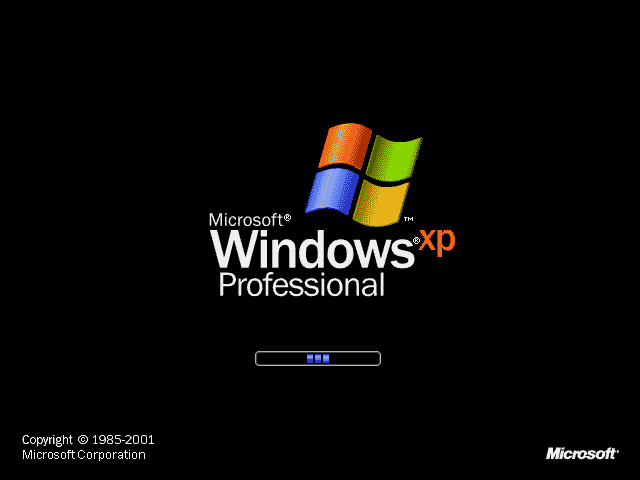
It's the end of the line for Microsoft's Windows XP: as of today, the company will no longer release security updates for the 12-year-old operating system.
"Microsoft has provided support for Windows XP for the past 12 years. But now the time has come for us, along with our hardware and software partners, to invest our resources toward supporting more recent technologies so that we can continue to deliver great new experiences," wrote Microsoft in an announcement.
Microsoft's Office 2003 is another product that will not get security updates after this date.
Launched on October 25, 2001, Windows XP is one of the most successful Microsoft products ever; its successor, Windows Vista, was quickly replaced with Windows 7, and it took as long as September 2012 for Windows 7 to overtake XP as the most popular desktop operating system.
Microsoft released three Service Packs for Windows XP; the last one, SP3, was launched in May 2008. In April 2009, Microsoft ended Mainstream Support for the OS, meaning it stopped providing free technical support and accepting warranty claims. Up until today, the company provided Extended Support, which included paid technical support and security updates.
What does it mean for the end user? Simply put, you can continue to use Windows XP and Office 2003, but as time goes on, they will be more and more vulnerable to malware and other security risks.
For users still running Windows XP, Microsoft recommends upgrading their PC to a model that can run the latest version of Windows, 8.1. For instructions for moving your data from Windows XP to 8.1, go here.





Comments
Add new comment